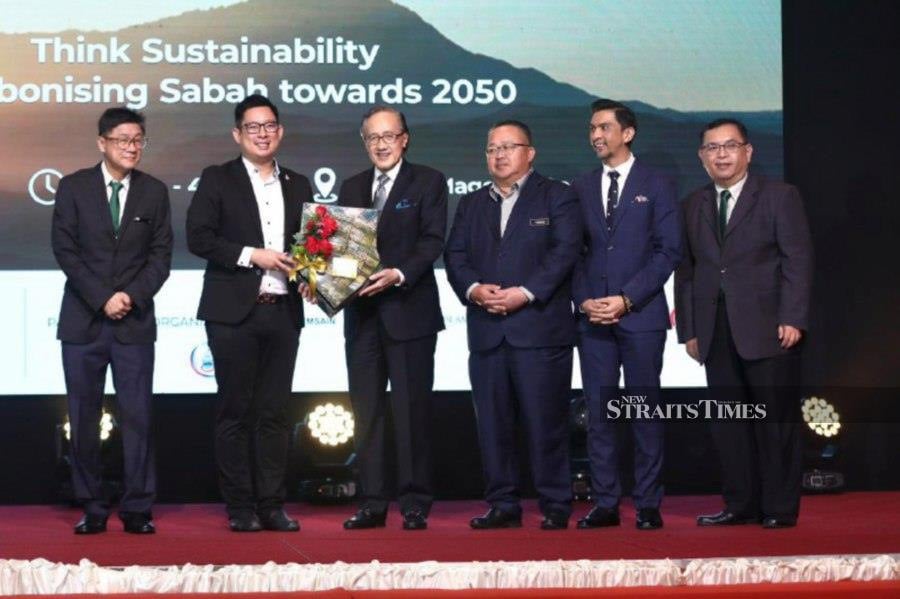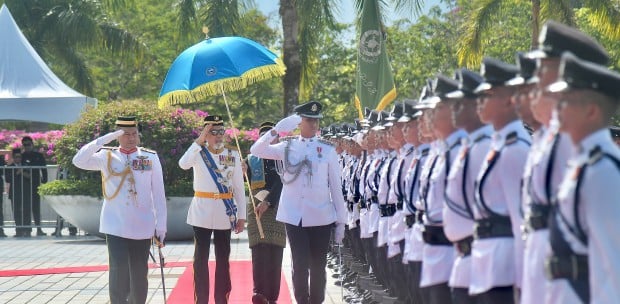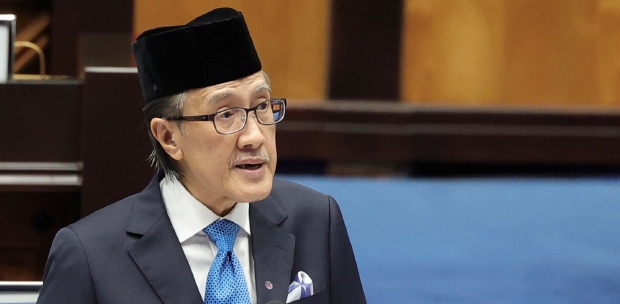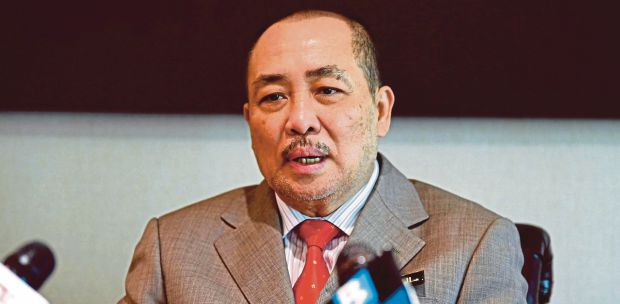KOTA KINABALU: Sabah stands at a pivotal moment in its development journey with Environment, Social, Corporate Governance (ESG) as its core principles.
State Chief Minister Datuk Seri Hajiji Noor said the government's commitment to embrace ESG is to enhance environmental stewardship, strengthen its social fabric and governance structures to pave the way for a more resilient and prosperous future.
"I am happy to share that in line with our commitment to ecosystem restoration, Sabah has undertaken extensive reforestation programmes, planting over two million trees across degraded landscapes.
"These efforts not only enhance biodiversity but also contribute to carbon sequestration, mitigating the impacts of climate change on a global scale.
"Hence, by integrating social and environmental considerations, Sabah's reforestation initiatives exemplify the holistic approach advocated by ESG principles," he said during an Environment, Social, Corporate Governance (ESG) Initiatives Awareness Forum at a hotel here.
His speech was read by Finance Minister Datuk Seri Masidi Manjun.
Citing examples, Hajiji said Sabah's Industrial Tree Plantation or ITP is an innovative public-private partnership initiated by the State Forestry Department to reduce and relieve pressure on tropical timber and forest.
"This partnership between the Sabah state government and the timber industry is not only an economic game-changer but crucial for conservation and sustainability.
"Planting trees in areas degraded by logging activities will go a long way in achieving a carbon neutral nation by as early as 2050."
Hajiji also said Sabah has emerged as a trailblazer in the transition towards renewable energy sources, with solar and hydroelectric power leading the charge.
In 2024, renewable energy accounted for over 50 per cent of Sabah's total energy production, marking a significant milestone in our journey towards energy sustainability and independence.
"This transition not only reduces carbon emissions but also promotes social inclusivity by providing cleaner and more affordable energy to rural communities.
"Our commitment to social inclusivity also extends to preserving indigenous rights and empowering rural communities.
"Through targeted initiatives, Sabah has invested in critical infrastructure, education, and healthcare, ensuring equitable access to opportunities for all segments of society."





